Cognitive behavioural therapy (CBT)
CBT programmes aim to support students to manage stress and emotions more effectively.
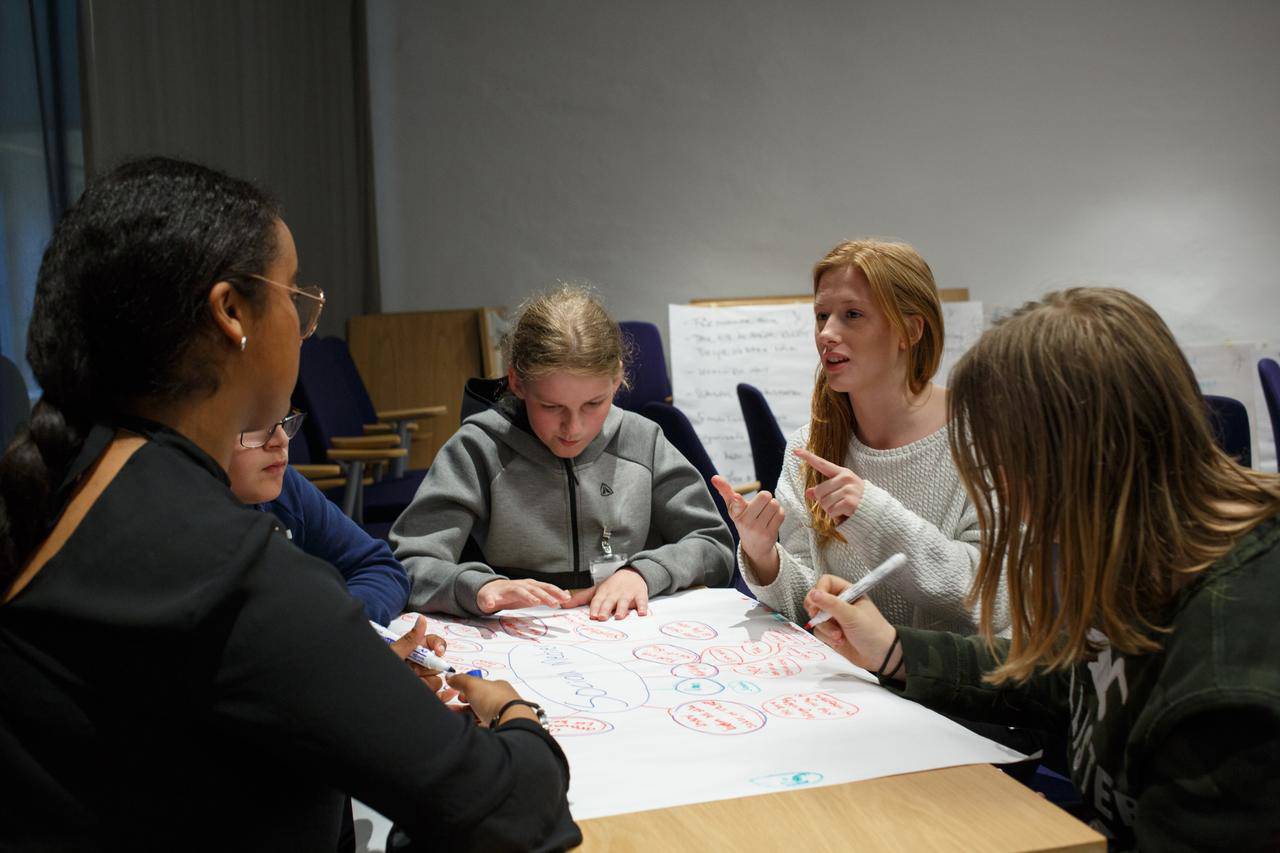
Cognitive behavioural therapy is a type of talking therapy that can help individuals to identify and challenge irrational thoughts and beliefs, and to replace them with more adaptive thinking patterns.
It is designed to help people to deal with low to mild mental wellbeing difficulties (commonly anxiety and depression), as well as to improve confidence and self-esteem.
CBT targeted support programmes aim to support students to manage stress and emotions more effectively, and to enhance their resilience and wellbeing.
Programme information
This information refers to targeted mental wellbeing support programmes evaluated by the National Institute for Health and Care Excellence (NICE). Other programmes may vary in programme length and delivery method.
- Length: A wide range - from 1 or 2 standalone sessions to 6-12 weeks of weekly sessions
- Delivered by: External providers and internal staff – including school counsellors, trained school staff (e.g., teacher), pastoral staff, therapists, psychologists, external specialists, group leaders (e.g., nurses, educational and psychological counsellors) and graduate students
- Delivery method: Group and individual
- Age: 7 – 16
Many programmes aimed at secondary schools may also be suitable for FE colleges. Please see individual programmes for guidance.
Targeted support programmes
The following directories are good places to start to identify an appropriately qualified practitioner to deliver CBT support programmes:
The following are some examples of CBT targeted support programmes that you may wish to explore to see if they are right for your setting.
These programmes have been evaluated by a team of researchers as part of the NICE evidence reviews, unless otherwise indicated by an asterisk*.
Any non-UK based programme that is listed will have either been used previously in the UK or may be suitable for adaptation in your setting. You may need to check with the provider to confirm how to best use it in your setting.

DISCOVER
DISCOVER is a school-based workshop programme for students aged 16-18 who experience anxiety, low mood and high stress.
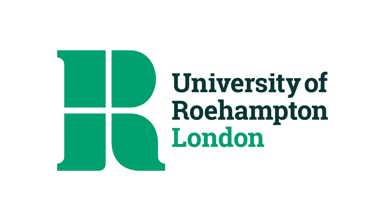
Super Skills for Life
Super Skills for Life is a school-based programme for students aged 6 – 18 designed to improve self-confidence and resilience.
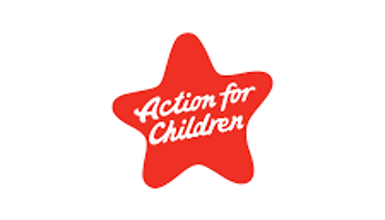
The Blues Programme*
The Blues Programme is a six week programme to teach young people aged 13 – 19 about emotional resilience, and to reduce low mood and anxious thoughts.
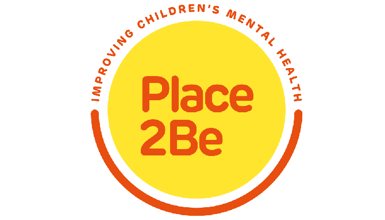
Place2Be: CBT-informed therapy*
Partner schools can access targeted support for students in secondary schools presenting with difficulties such as anxiety, depression and low mood.
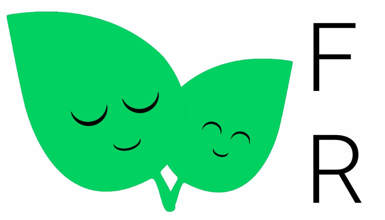
FRIENDS for Youth
FRIENDS for Youth is part of a suite of FRIENDS programmes which aim to improve resilience skills in children, reduce anxiety, and improve mental health and wellbeing.
*Please note: these programmes have not been evaluated by Anna Freud, or by NICE as part of their evidence reviews. Their inclusion does not indicate endorsement.
There may be other CBT services and programmes available in your local area. Contact your local authority to find out what is available to your school or college.
If you are unsure who to contact at your local authority, try speaking to your Mental Health Support Team (if applicable), your trust leadership team, or your setting’s safeguarding or pastoral lead.
If you haven’t yet reviewed the targeted support guide, this will help you to consider which types of targeted support might be appropriate for your setting.
What does the evidence show?
CBT is a recommended treatment option approach.
The evidence however varies by outcome and age group, so it is important to consider the needs in your setting. The evidence for CBT for depression and social adjustment in secondary schools is strongest.
Related pages

Social and emotional learning
Social and emotional learning (SEL) programmes aim to help young people manage their emotions.
View
Yoga
Yoga targeted support programmes can include yoga sessions, breath work and relaxation techniques.
View
Mindfulness
Targeted support programmes focused on mindfulness and meditation to improve emotional regulation.
View